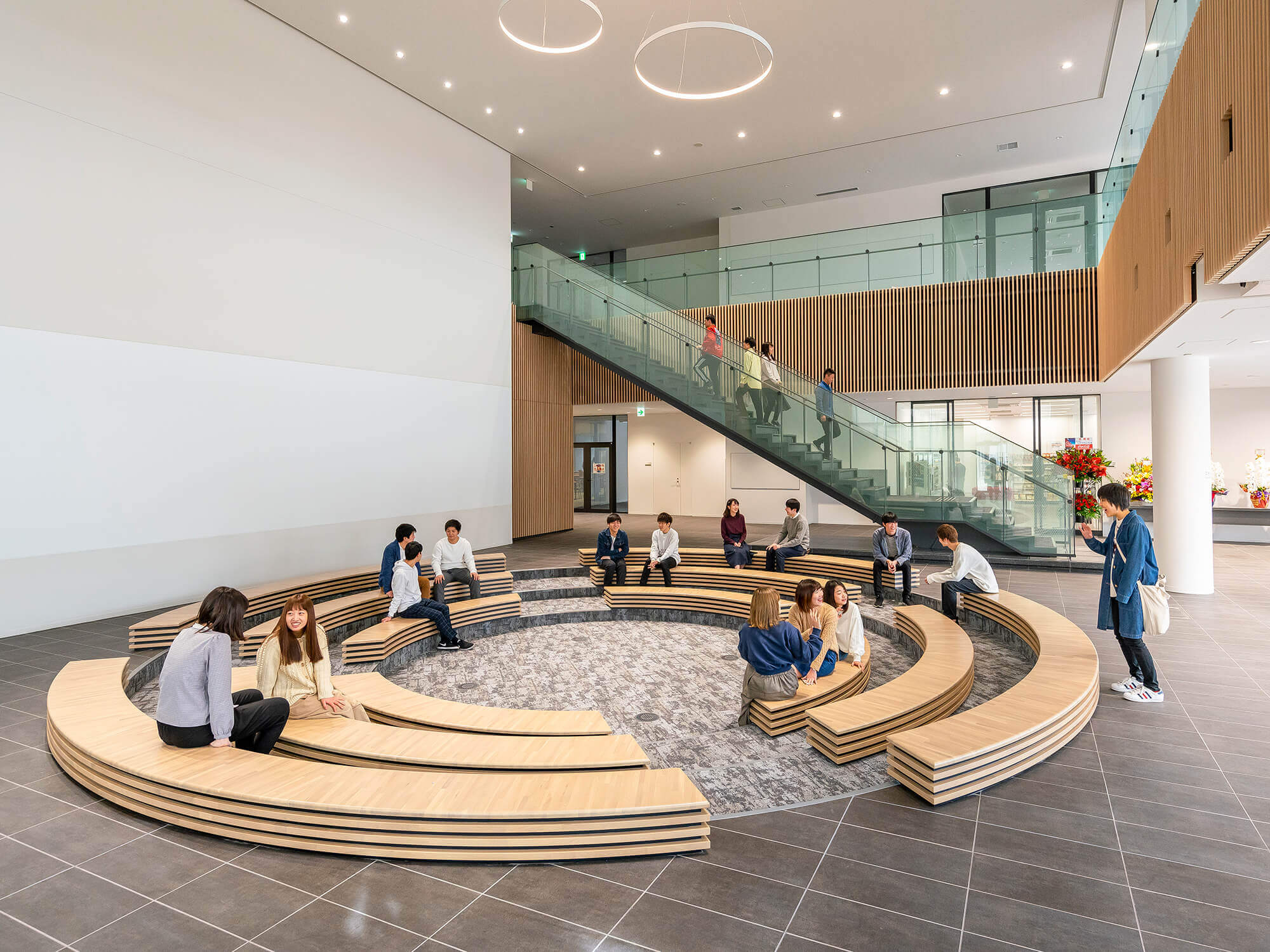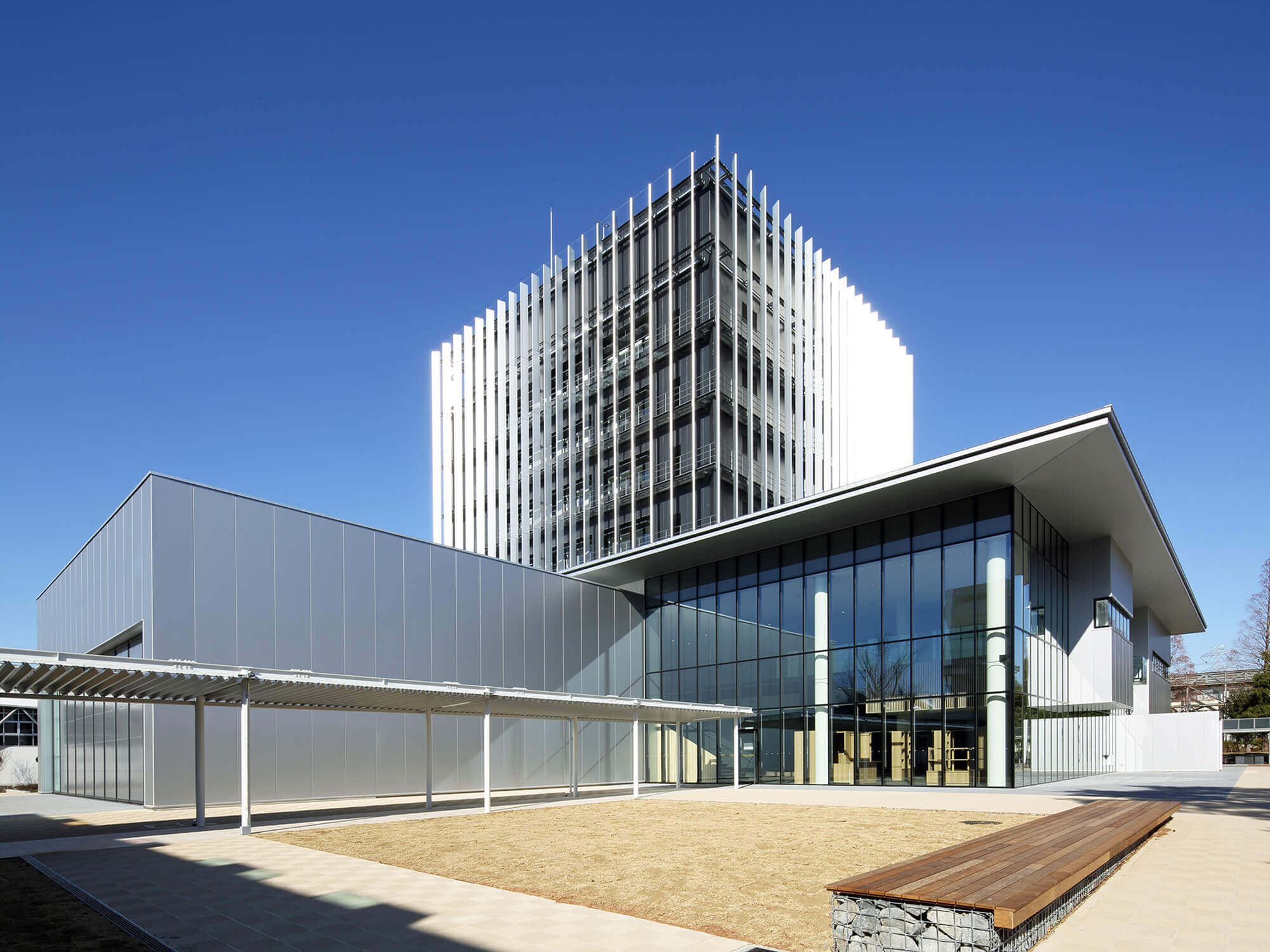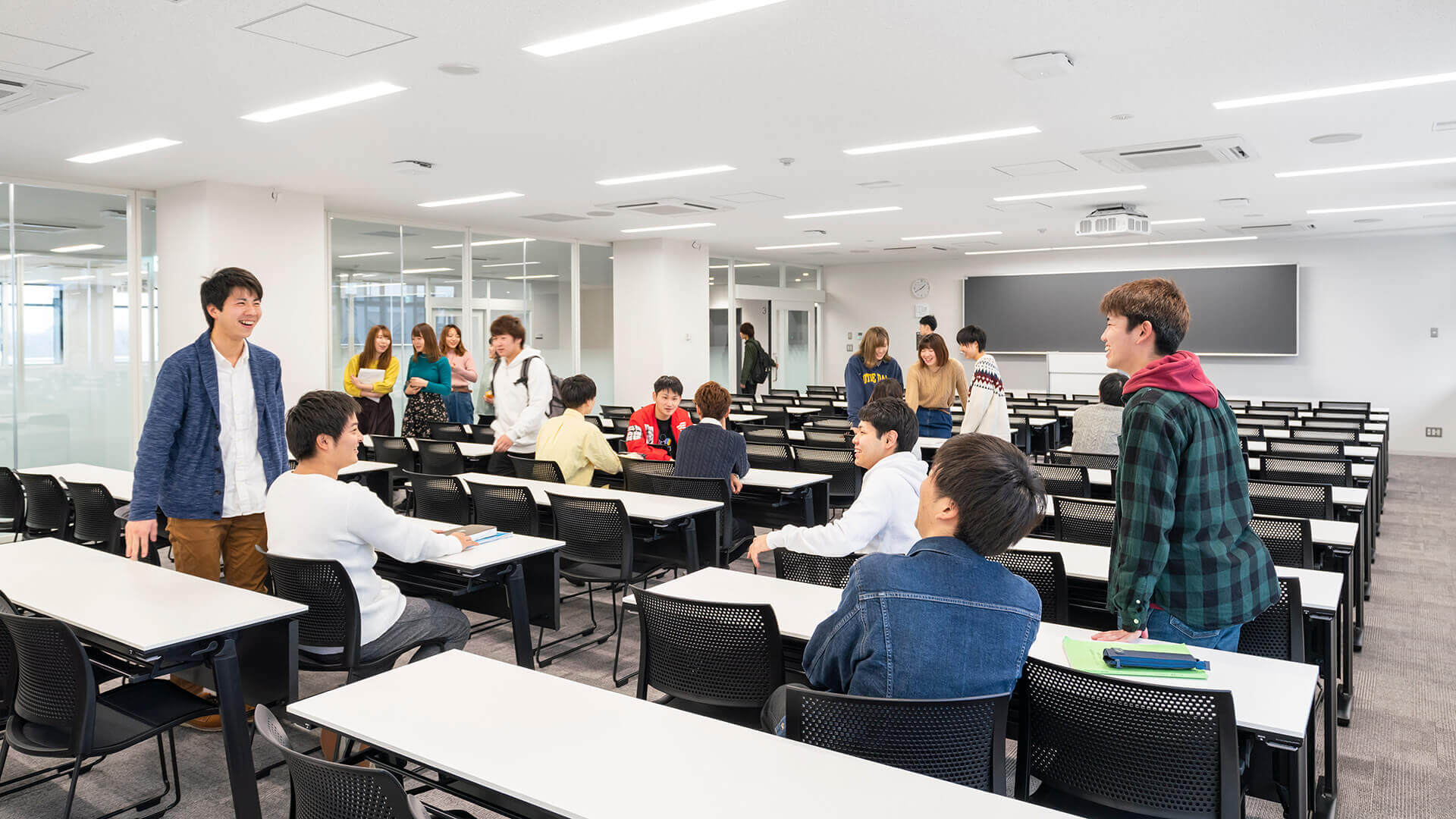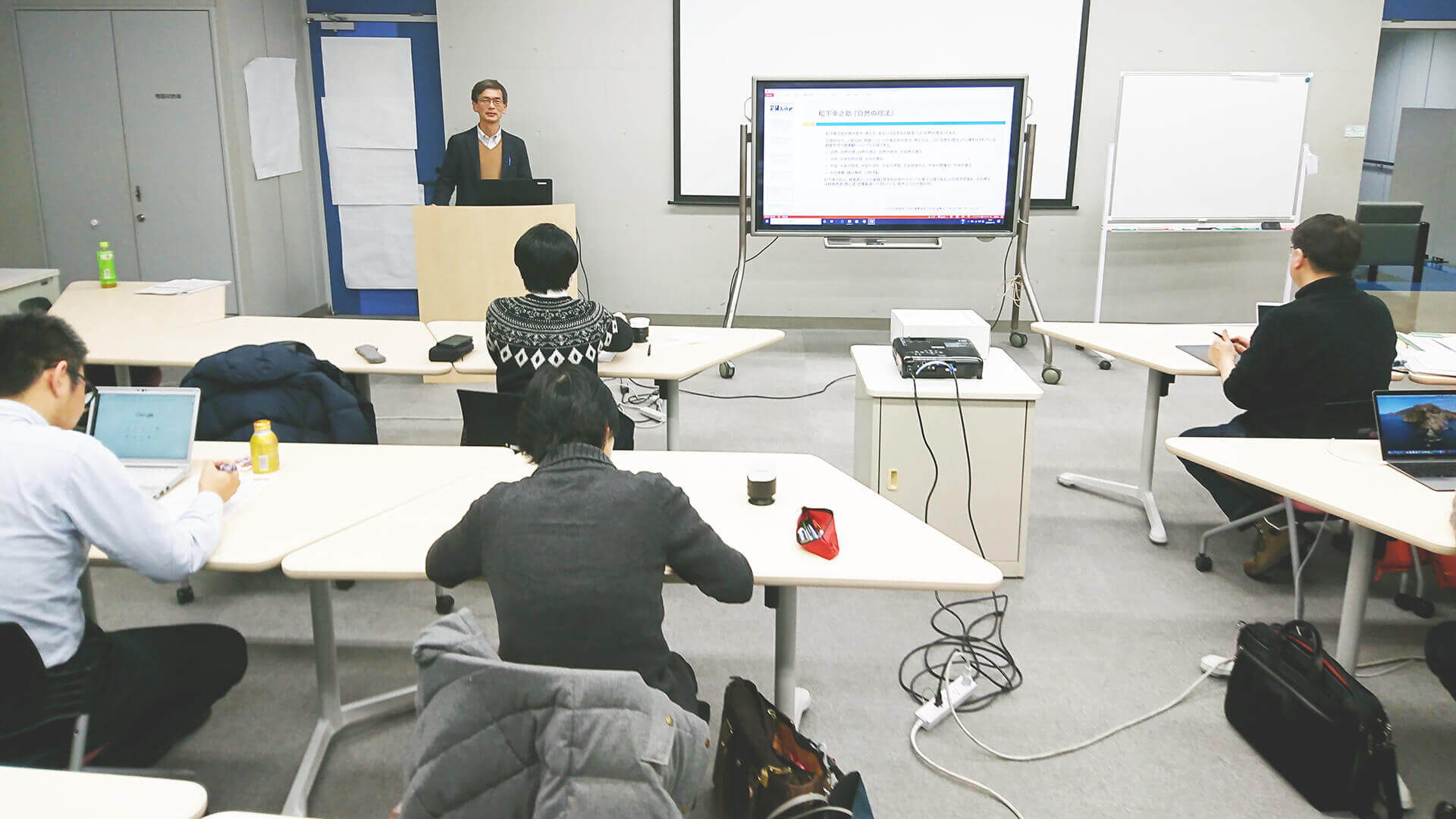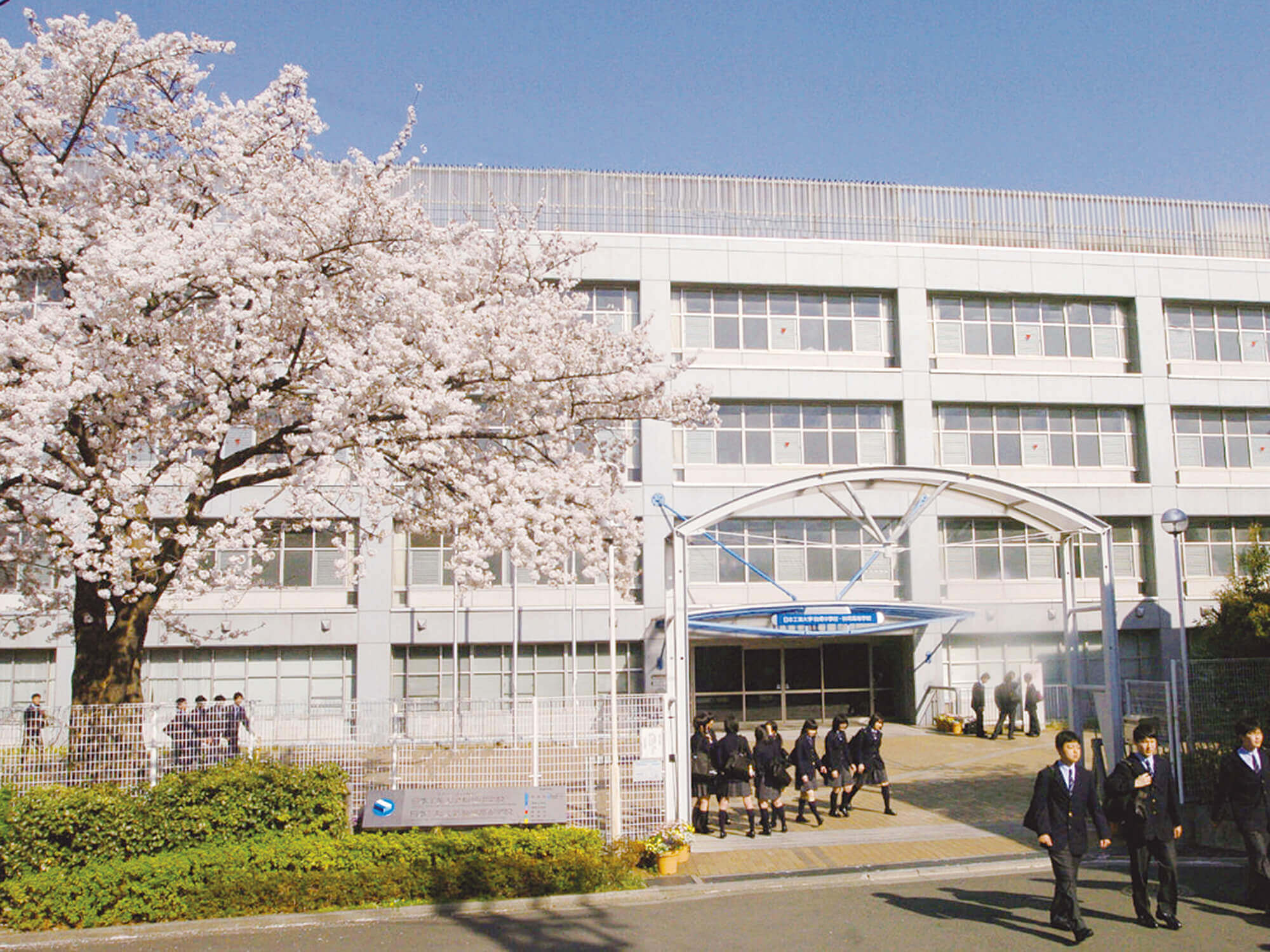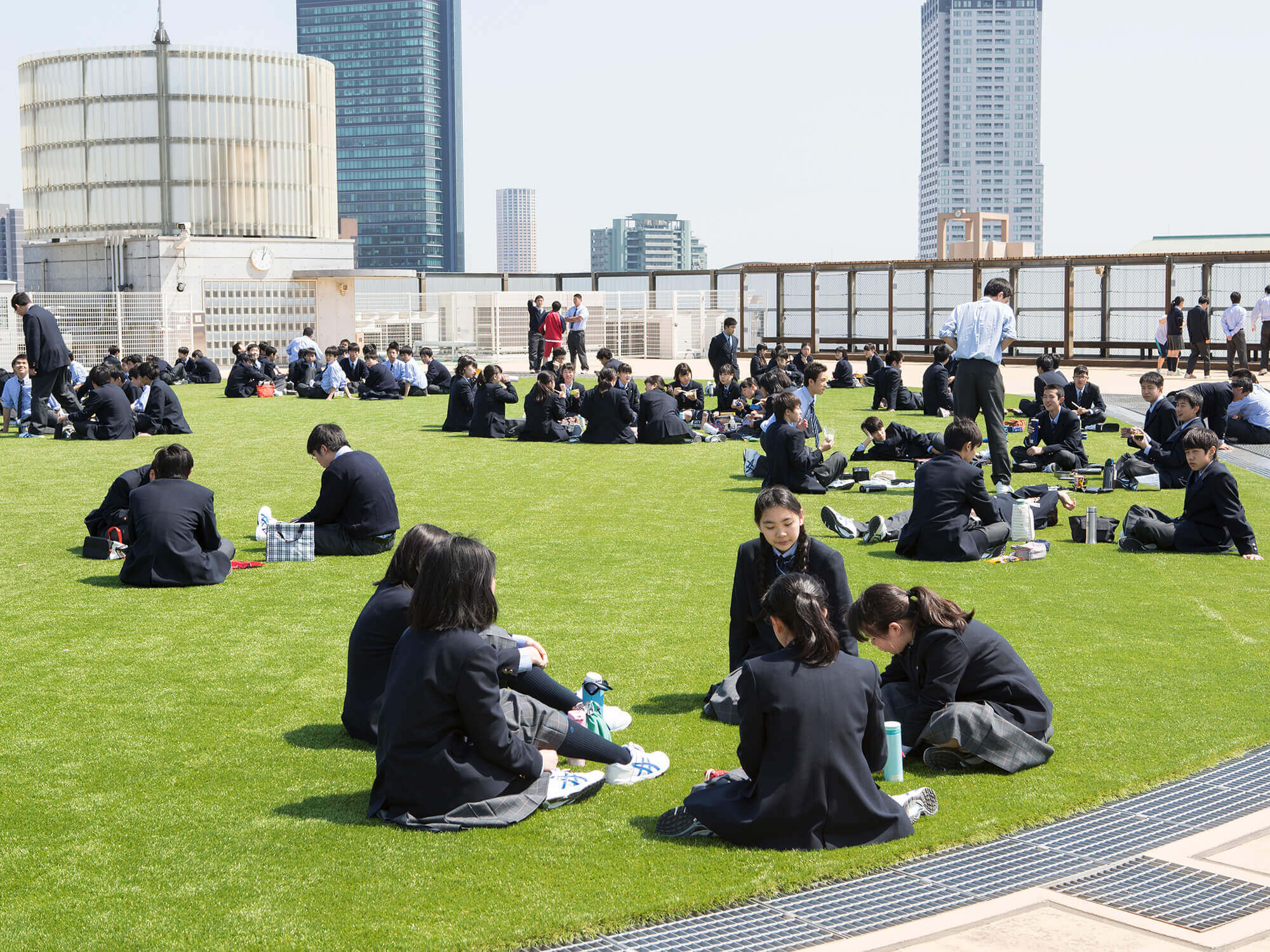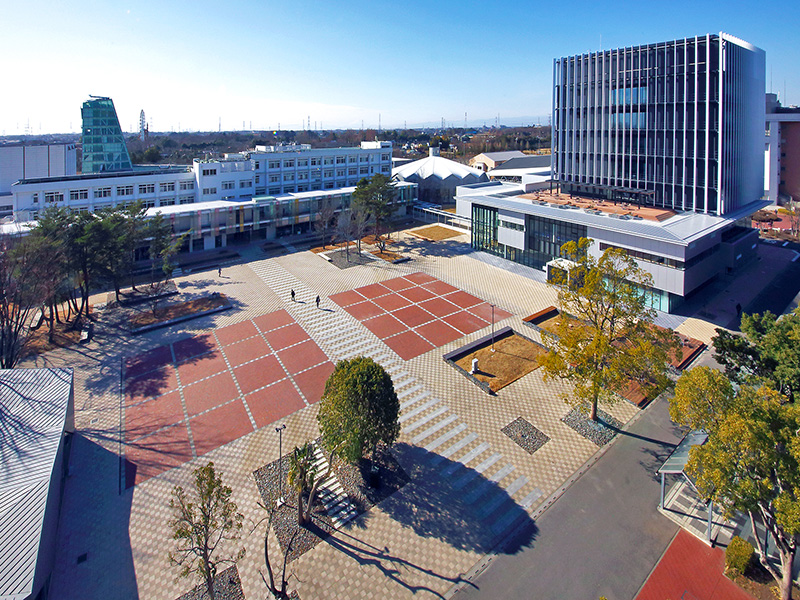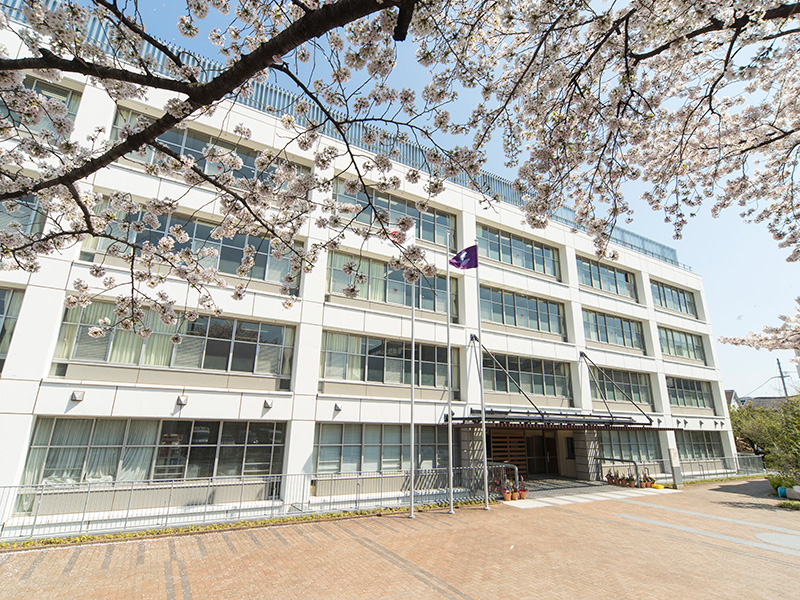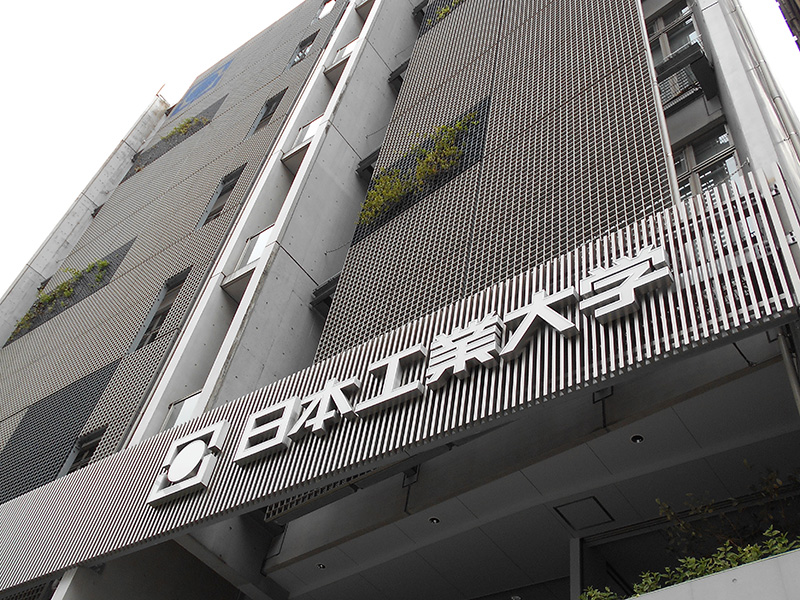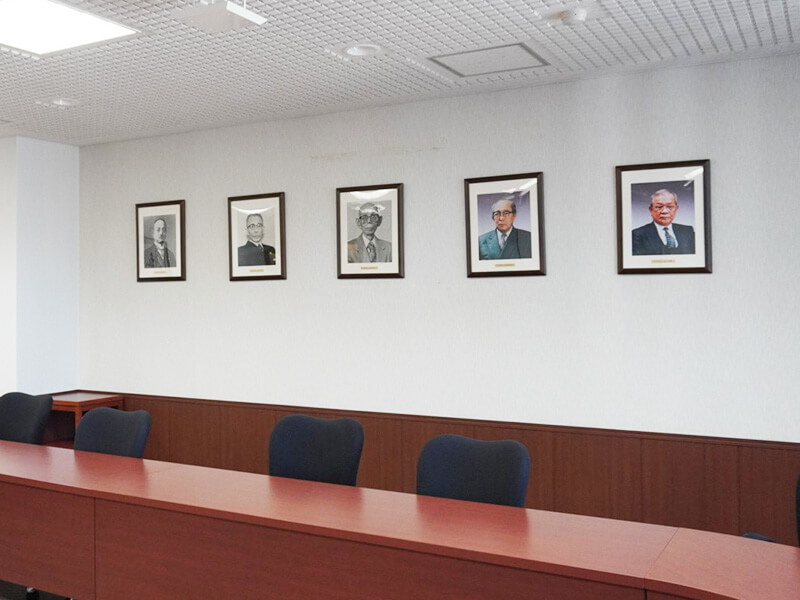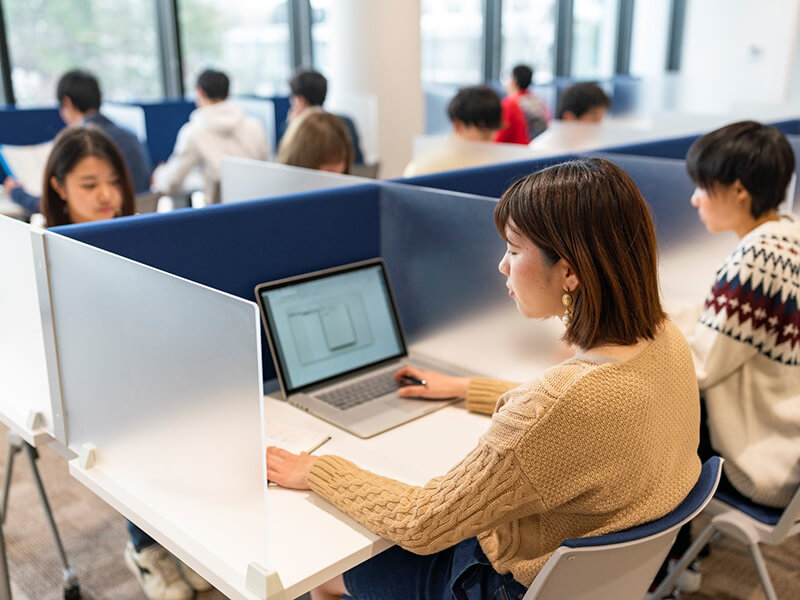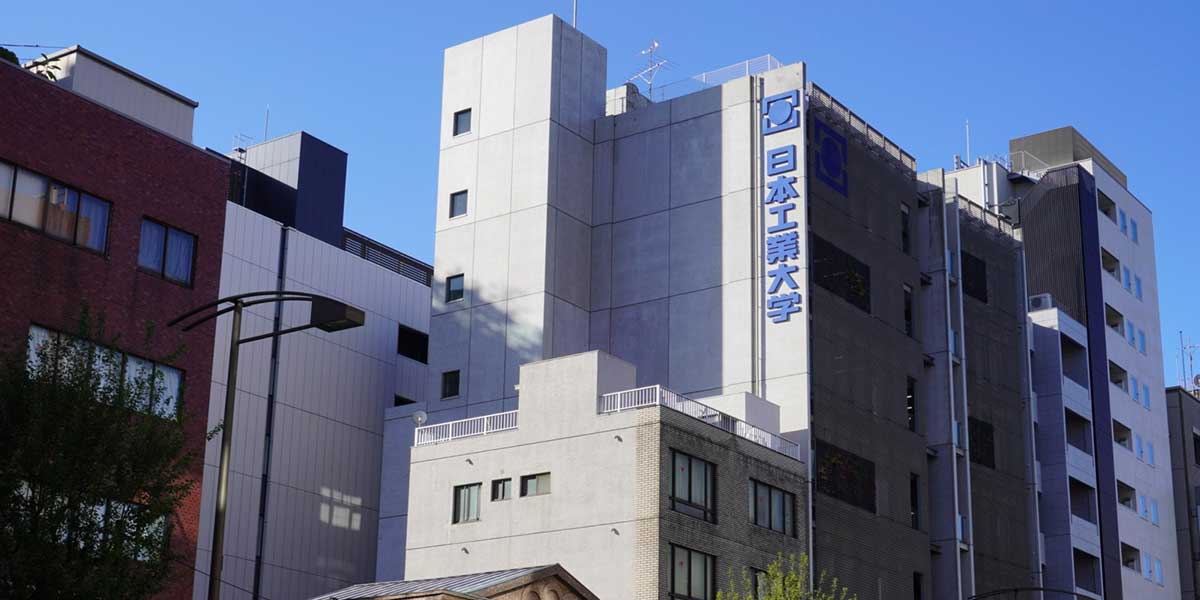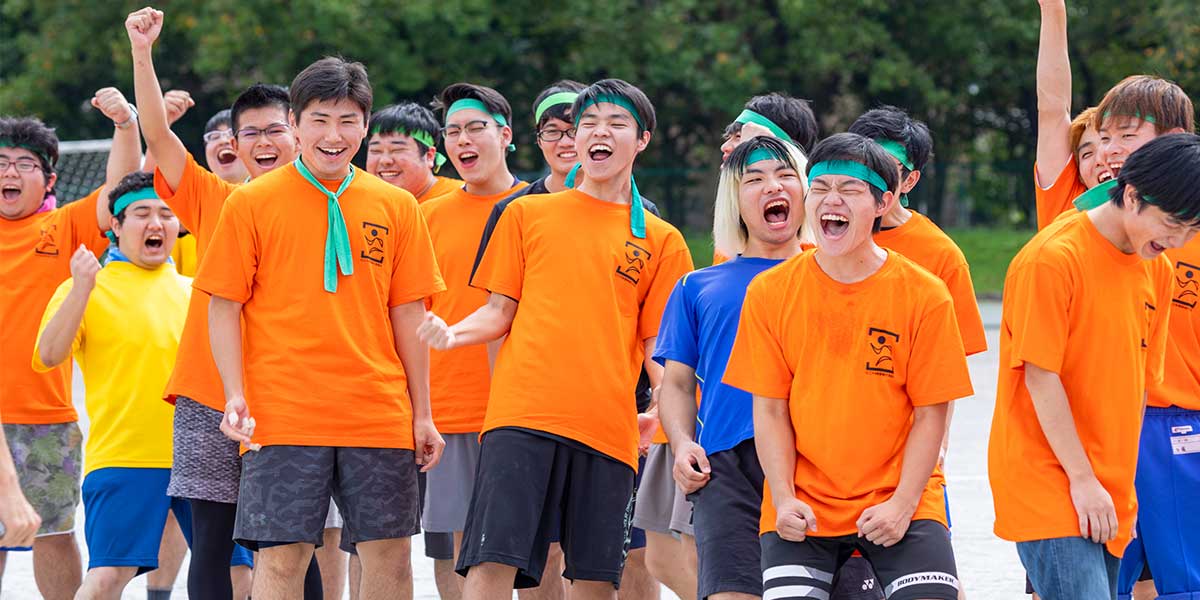重要なお知らせ
Important
非表示設定になっていますが、編集中のため一時的に表示しています。
公開後、ここの重要なお知らせは非表示になります。
About Our Institute
Our Institution Enters a New Era of Challenges
Our institution was established in the Kanda district of Tokyo in 1907 (Meiji 40). Since the opening of the Tokyo Institute of Technology the following year, we have continuously adhered to our tradition of emphasizing practical learning. Throughout the significant changes in our environment across the Meiji, Taisho, Showa, Heisei, and Reiwa eras, we have consistently produced talented individuals equipped with exceptional technical skills, contributing to society.
Nippon Institute of Technology (NIT), celebrating its 60th anniversary in 2027 (Reiwa 9), has undergone multiple revisions of its faculties and departments to meet the demands of the times. It currently operates under a structure of three faculties, seven departments, and two courses: the Faculty of Fundamental Engineering (comprising the Department of Mechanical Engineering, Department of Electrical, Electronics, and Communication Engineering, and Department of Applied Chemistry), the Faculty of Advanced Engineering (comprising the Department of Robotics, Department of Information and Media Engineering, and Department of Data Science), and the Faculty of Architecture (offering the Architecture Course and the Living Environment Design Course).
Since 2021 (Reiwa 3), we have been vigorously promoting our medium- to long-term plan, NIT VISION 2030, which envisions our desired state ten years into the future. With the slogan "A New Era of Practical Engineering—Changing Education, Unchanging Principles", we remain committed to evolving and fostering practical and creative engineering talent capable of adapting to societal changes.
Nippon Institute of Technology Komaba Junior and Senior High School (Nichikoma) has advanced reforms while preserving its founding tradition of "manufacturing education" to meet the changing social demands of the times. After World War II, Komaba High School moved from its founding location in Kanda to its current site in Komaba, Meguro-ku, and began as an industrial-focused boys' school under the name Tokyo Technical High School, emphasizing practical education. However, in 2008 (Heisei 20), it was renamed Nippon Institute of Technology Komaba High School, and a general education curriculum was introduced alongside the industrial courses. Today, it has evolved into a coeducational school offering only general education, complemented by a six-year integrated education system that begins at Komaba Junior High School. This transition has strengthened its focus on academic advancement and yielded notable results.
Looking forward, we continue to uphold our school motto of "Sincerity, Cheerfulness, and Diligence", emphasizing the importance of establishing a solid academic foundation. At the same time, we aim to balance "achieving high personal goals" with "enjoyable school life". Our aspiration is to cultivate in NIKOMABA students a "kind yet resilient spirit" that will serve them well throughout their lives.
An Era of New Challenges
In 2018, Nippon Institute of Technology conducted an unprecedented reorganization of its faculties and departments. What had previously been a single department within the engineering faculty was split into three faculties, six departments, and two sections:
- the Faculty of Fundamental Engineering consisting of the Department of Mechanical Engineering, the Department of Electrical, Electronics, and Communication Engineering, and the Department of Applied Chemistry;
- the Faculty of Advanced Engineering consisting of the Department of Robotics and the Department of Information Technology and Media Design;
- the Department of Architecture, which contains two sections (Architecture and Living Design).
As the knowledge and abilities of all students become more diversified, we are carrying on the tradition of practical engineering studies while undergoing an evolution to cultivate individuals capable of responding to future societal changes. Thus, the fundamental concept is “Inheritance and Evolution.”
Nippon Institute of Technology’s Komaba Junior High and High School is leveraging that tradition while at the same time implementing changes that reflect the shifting societal needs of our time. The school was started after a date as a high school that only offered technical courses to boys; but in 2008, we established a new general education curriculum and opened enrollment to boys and girls.
Following that, we enhanced our approach to continuing education, including an integrated six-year path that starts in junior high. We are now accelerating our plan to implement a general-education curriculum throughout the entire school. We are in the process of conducting the largest reorganization in our school history.
More than 110 years have elapsed since the founding of this educational institution, and the society around it is entering a period of great transformation. Rather than mere knowledge and technical skills, a more substantial educational and research system is needed to impart the abilities that can make the best use of them, such as critical thinking, decision-making, taking initiative, and communication.
Moving forward, we will take up this “new challenge” by continuing to implement a variety of reforms while maintaining the traditions of our university.
An Era of New Challenges
In 2018, Nippon Institute of Technology conducted an unprecedented reorganization of its faculties and departments. What had previously been a single department within the engineering faculty was split into three faculties, six departments, and two sections:
- the Faculty of Fundamental Engineering consisting of the Department of Mechanical Engineering, the Department of Electrical, Electronics, and Communication Engineering, and the Department of Applied Chemistry;
- the Faculty of Advanced Engineering consisting of the Department of Robotics and the Department of Information Technology and Media Design;
- the Department of Architecture, which contains two sections (Architecture and Living Design).
As the knowledge and abilities of all students become more diversified, we are carrying on the tradition of practical engineering studies while undergoing an evolution to cultivate individuals capable of responding to future societal changes. Thus, the fundamental concept is “Inheritance and Evolution.”
Nippon Institute of Technology’s Komaba Junior High and High School is leveraging that tradition while at the same time implementing changes that reflect the shifting societal needs of our time.
More than 110 years have elapsed since the founding of this educational institution, and the society around it is entering a period of great transformation. Rather than mere knowledge and technical skills, a more substantial educational and research system is needed to impart the abilities that can make the best use of them, such as critical thinking, decision-making, taking initiative, and communication.
Moving forward, we will take up this “new challenge” by continuing to implement a variety of reforms while maintaining the traditions of our university.
Traning Facilities
Akakura Sansō
Our facility here is actively used as a study house for students, as a lodging house for student club activities, as an employee benefit for faculty members, and as a place for pursuing knowledge and honing athletic ability. But it is also somewhere for students and instructors to communicate with each other.
Contact
Reception time 9:00-17:00(Except closed days)
TEL 03-3511-7590
FAX 03-3511-7595
MAIL kikaku.scfo@nit.ac.jp
